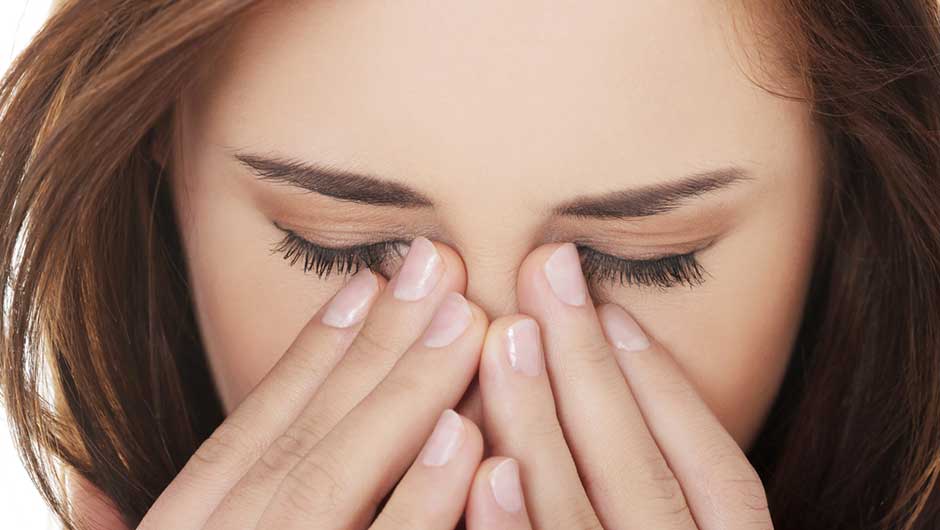Contents:
Medical Video: 28 SIMPLE HACKS THAT WILL CHANGE YOUR LIFE
You brush the bathroom floor, wipe the windows, and clean the pet cage. But, do you remember to replace bed sheets and bolsters?
According to Mary Malowe, a laundry expert at Huffington Postdelaying changing sheets for a long period of time can lead to many health problems, for example infections and ringworm or water fleas. If these two disgusting problems are not enough for you to change the sheets now, the explanation is more complete.
Why do you have to change the bed sheets?
Bed sheets come in direct contact with the skin as long as you are still dreaming, and in the meantime, the body also keeps secreting body fluids during sleep. Yes, really all kinds of body droppings - from sweat, phlegm, facial oil, earwax, vaginal or penis fluid, to the rest of urine and feces. All of this eventually penetrates and seeps into the fabric fibers.
You will also find mold spores, bacteria, animal fur, dust, soil, fibers, factory irritants contained in your linen sheets and pillowcases. In addition, there are remnants of food crumbs that fall tucked between fabric folds, providing a good environment for these organisms to breed.
During sleep, you will also pour dead skin cells. The rest of the dead skin then sticks to the sheets, attracting the attention of fleas and bed mites - microscopic animals that devour human flesh, the main cause of Lyme disease. Millions of bed mites lurk on each of your bed sheets and infiltrate the bed. If you notice that your mattress is getting heavier every time you try to lift it, this colony is the main mastermind.
What is the danger if you are lazy to change the bed sheets?
All this rubbish and dirt will accumulate, crumble, and be embedded so deeply in the fiber of the mattress if you are lazy to change your sheets - making it even harder to get rid of. The dark occupants of this bed then scratch and injure the skin, also do not forget to infiltrate the body to cause problems when inhaled.
Humans naturally produce nearly 100 liters of sweat in bed every year. Remaining sweat, which mixes with high air humidity, is "the ideal culture medium for mushrooms." In a 2015 study, reported by Business Insider, which measures the level of fungal contamination in beds, found that pillows of feather and synthetic types 1.5 to 20 years old can store 4 to 17 different fungal species. And from time to time, the number of fungi, bacteria, and many other debris accumulates dramatically.
Mite droppings are loaded with allergens which when inhaled can trigger respiratory problems for those who have allergies and / or asthma, and even contribute to the emergence of new allergies. Mite droppings can also worsen acne and eczema. Want to know which is even more scary? Mushroom spores and mite feces can cause pneumonia and Onychomycosis. Onychomycosis is a fungal infection that causes skin lesions and brittle nails. Not only that, water fleas and other fungal diseases can be transmitted between people through cloth brokers.
There is no doubt that changing sheets is a trivial task but it is very important if you want to avoid making your sleep experience turn into a nightmare.
Ideally, how many times do you have to change the sheets?
It takes at least 1-2 weeks for all these vicious organisms to accumulate and create a terrible effect. Therefore, to be safe you have to replace and wash your bed sheets once a week. If the weather is very hot, and you sweat heavily or sleep during illness, it is recommended to wash it more often.
Furthermore, Marlowe suggested, "Bed sheets should be washed using the hottest water recommended for fabrics." The actual washing machine settings will vary based on your laundry cloth, so remember to check the care instructions before washing. However, regulating the cycle of warm / hot water can really sterilize germs and reduce allergens.
But remember, the sheets and blankets and bed covers are thick enough to require a little more space in the washing machine to really be washed clean.
In addition to sheets, blankets and bolster pillowcases, you also have to take care of your mattress. Remove the mattress cover, if your bed has it, sprinkle baking soda on the entire surface and dry the mattress in the sun for at least one hour. After that, use a vacuum to suck all the remaining crumbs of baking soda that might be left behind.
Baking soda helps attract any moisture and dirt, making your mattress clean and clean. Even so, you don't have to do it as often as you wash the sheets. Enough to dry the mattress every six months to kill dust mites and musty odors on your mattress.












